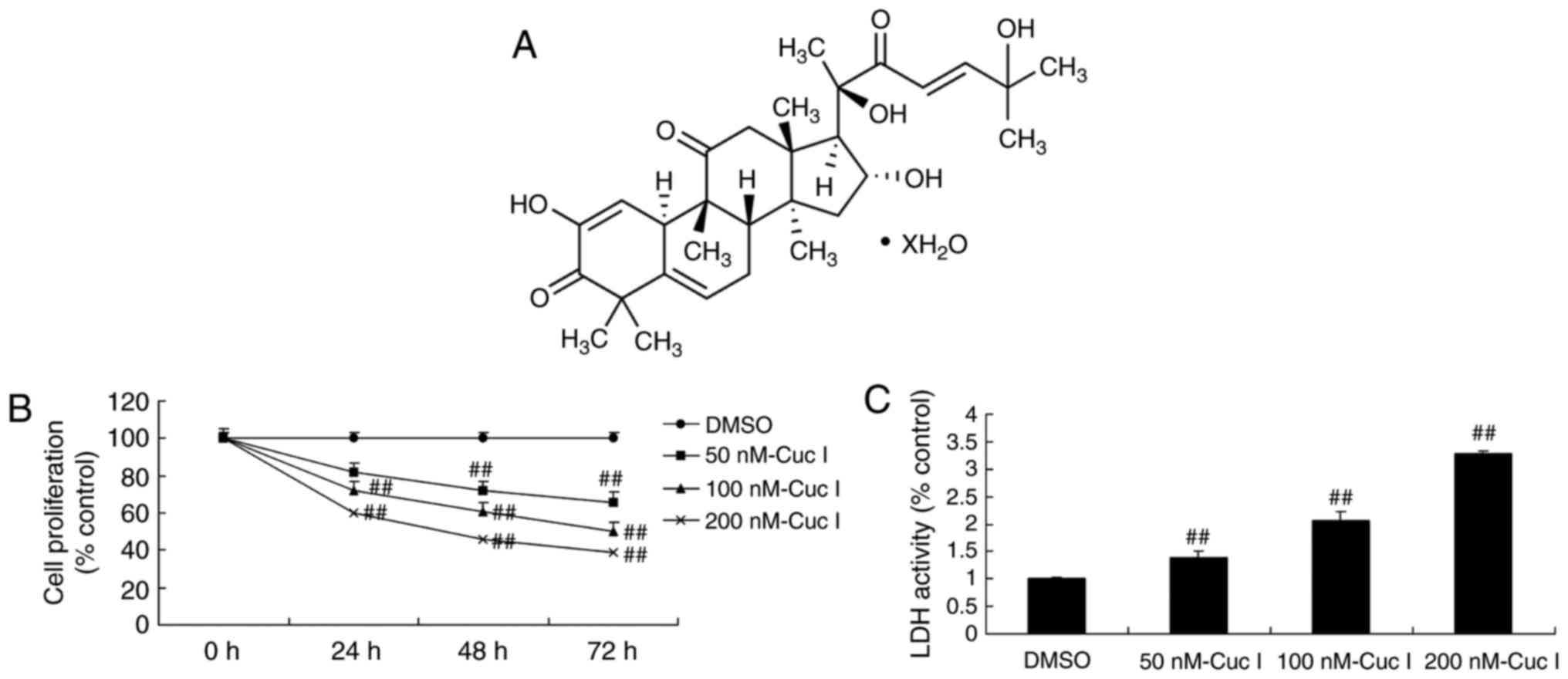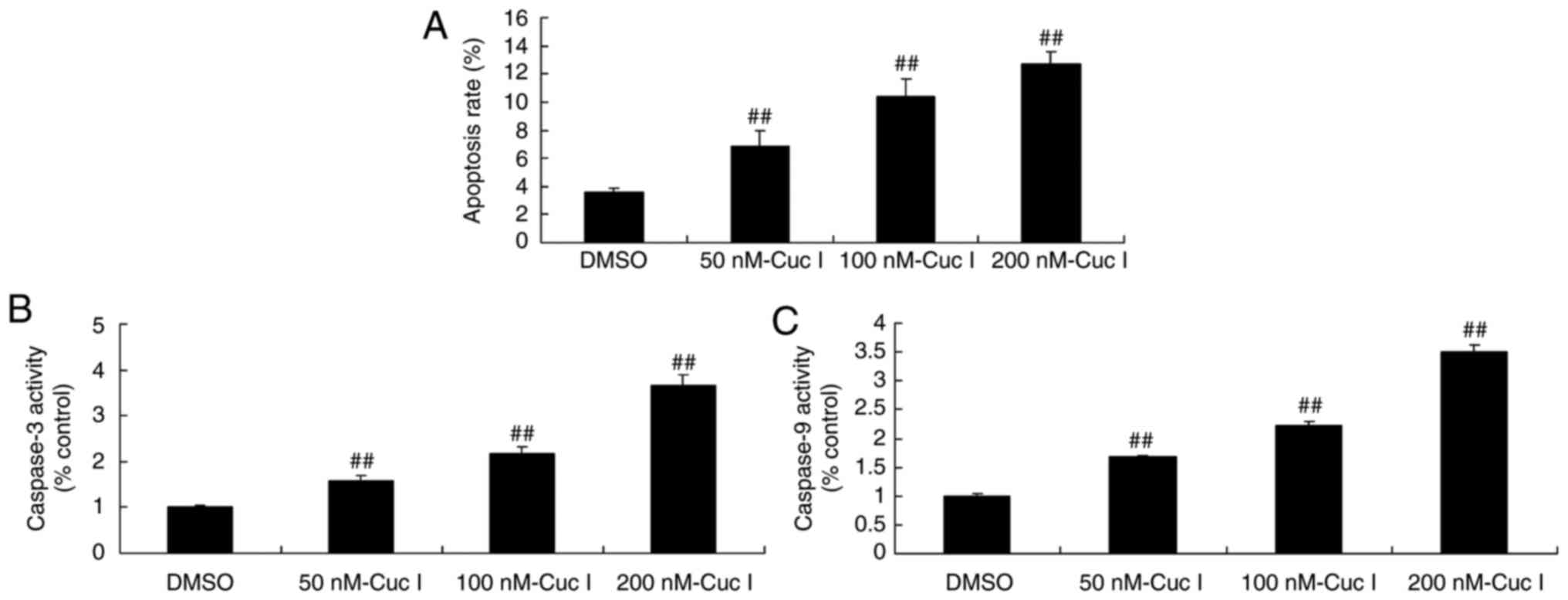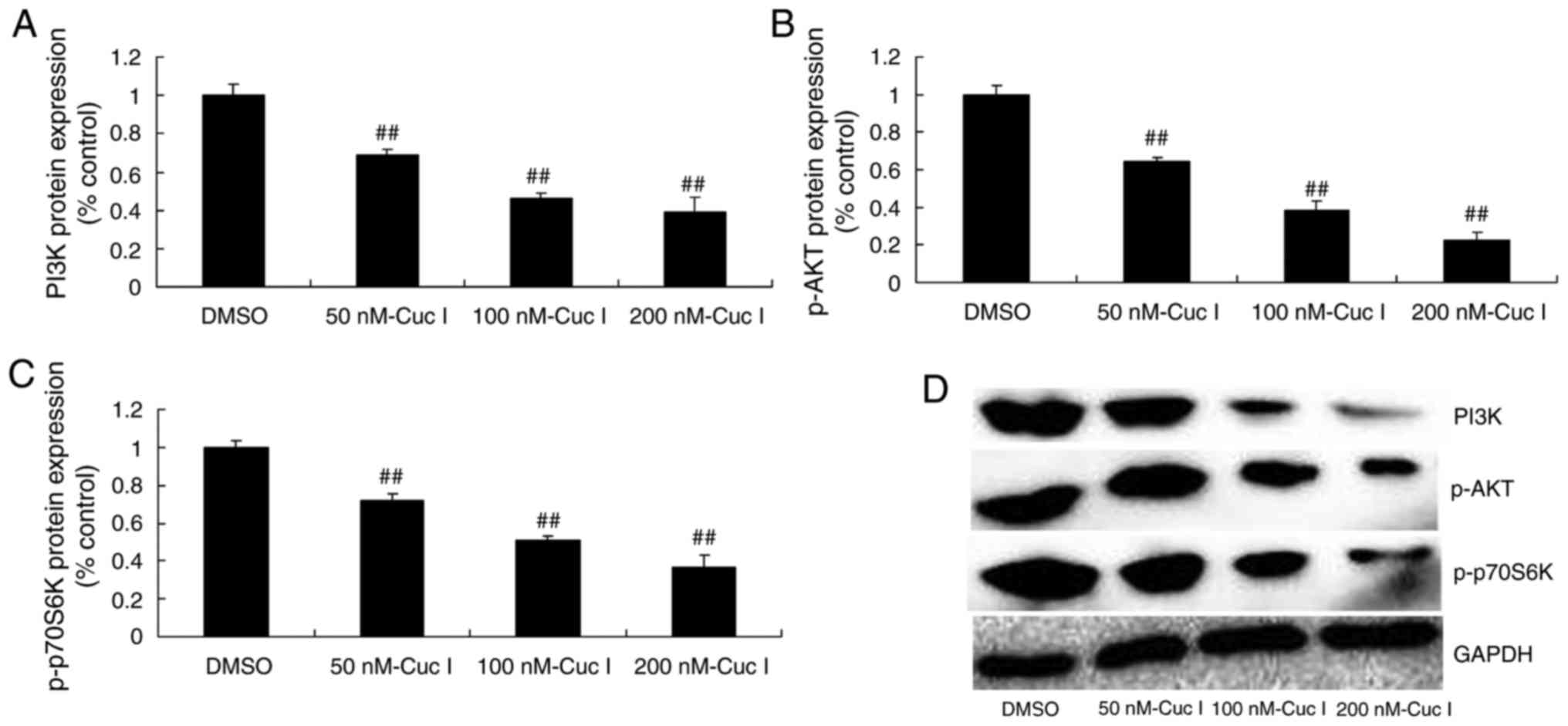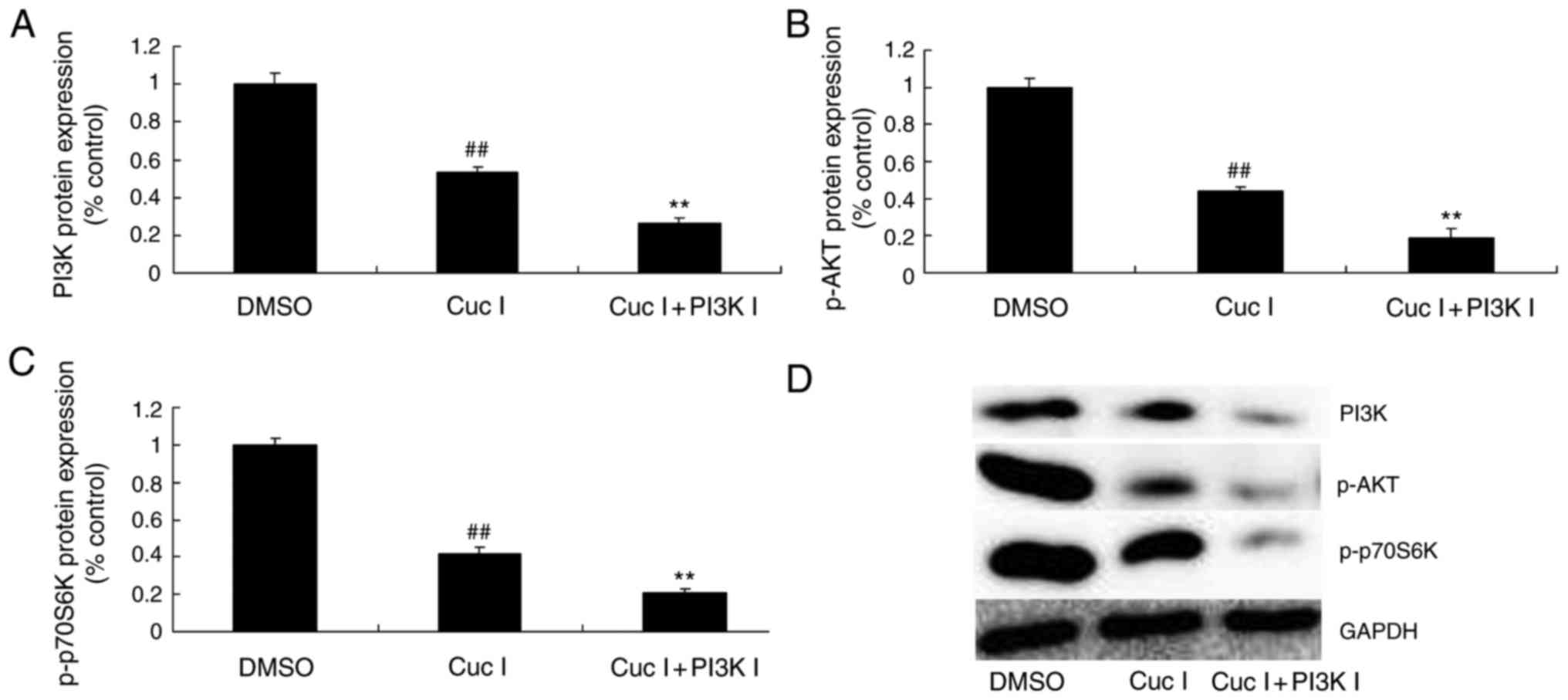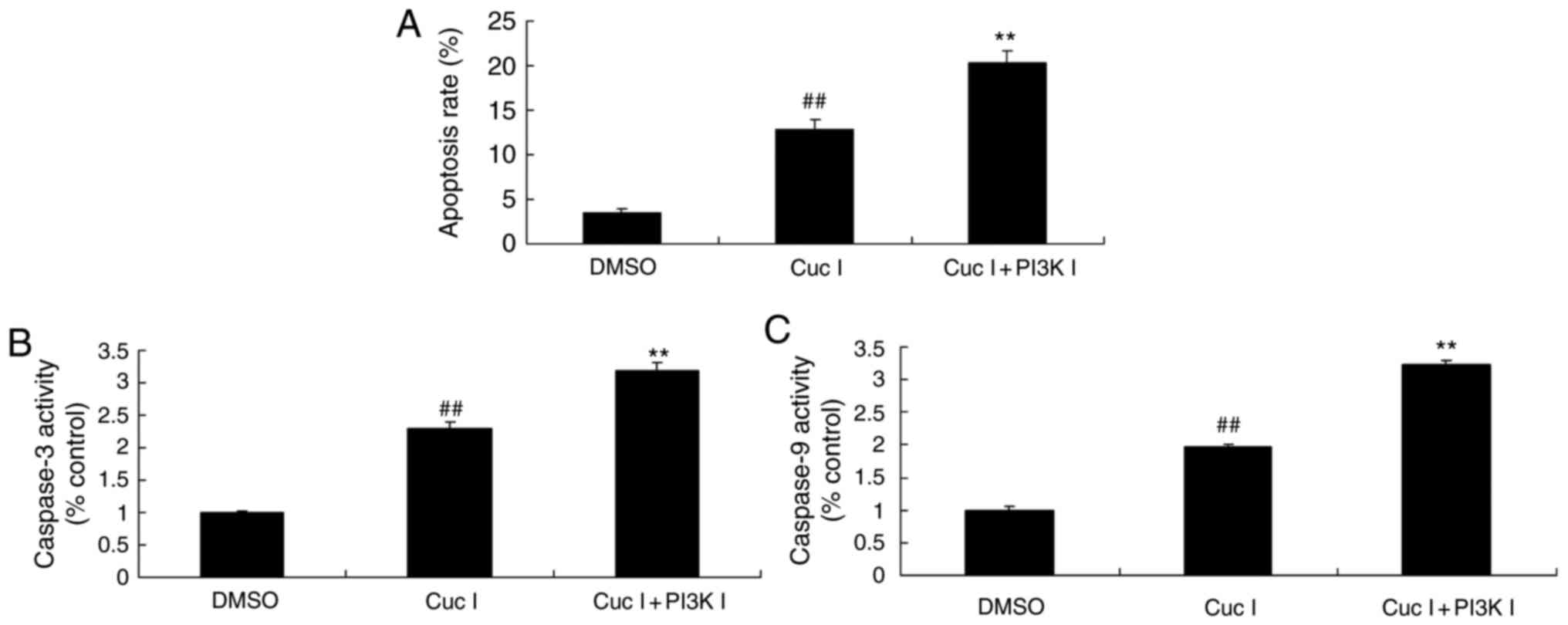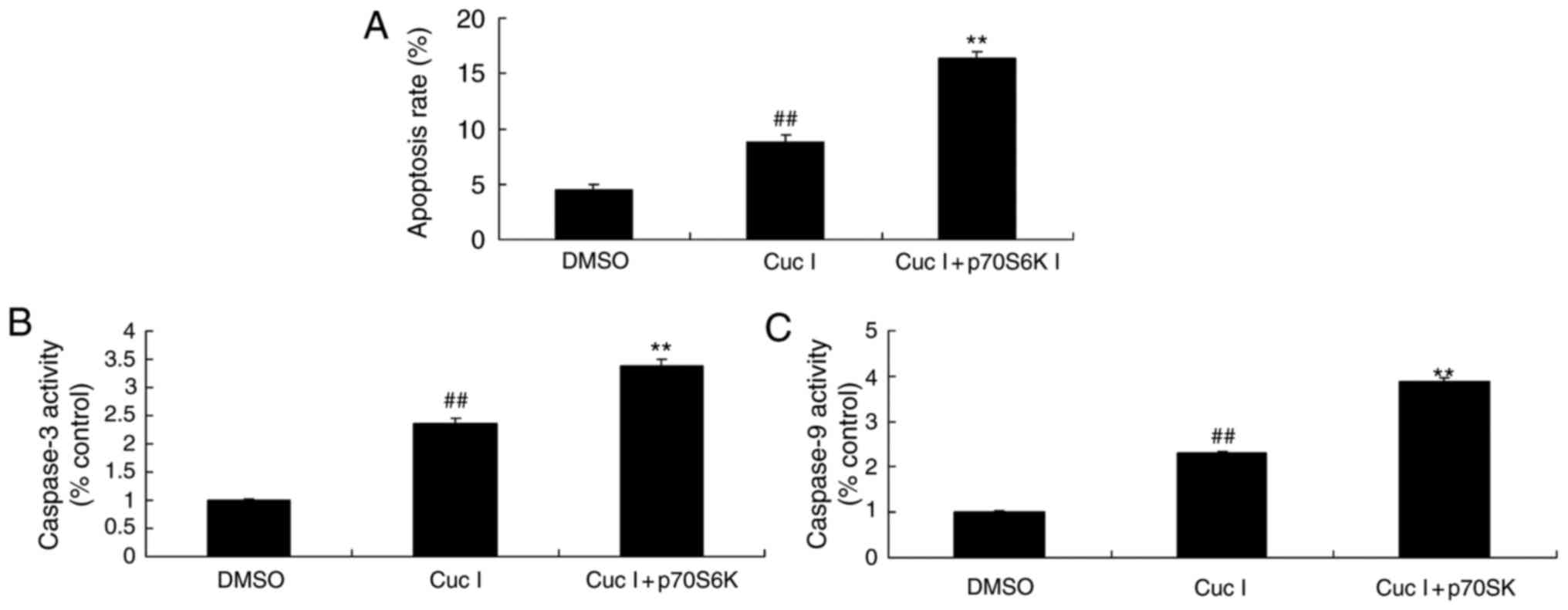|
1
|
Yang JC, Ahn MJ, Kim DW, Ramalingam SS,
Sequist LV, Su WC, Kim SW, Kim JH, Planchard D, Felip E, et al:
Osimertinib in pretreated T790M-positive advanced non-small-cell
lung cancer: AURA study phase II extension component. J Clin Oncol.
35:1288–1296. 2017. View Article : Google Scholar : PubMed/NCBI
|
|
2
|
Crawford J, Swanson P, Schwarzenberger P,
Sandler A, Prager D, Zhang K, Freeman DJ, Johnson CW, Krishnan K
and Johnson D: A phase 2 randomized trial of paclitaxel and
carboplatin with or without panitumumab for first-line treatment of
advanced non-small-cell lung cancer. J Thorac Oncol. 8:1510–1518.
2013. View Article : Google Scholar : PubMed/NCBI
|
|
3
|
Kubota K, Ichinose Y, Scagliotti G, Spigel
D, Kim JH, Shinkai T, Takeda K, Kim SW, Hsia TC, Li RK, et al:
Phase III study (MONET1) of motesanib plus carboplatin/paclitaxel
in patients with advanced nonsquamous nonsmall-cell lung cancer
(NSCLC): Asian subgroup analysis. Ann Oncol. 25:529–536. 2014.
View Article : Google Scholar : PubMed/NCBI
|
|
4
|
Liang J, Bi N, Wu S, Chen M, Lv C, Zhao L,
Shi A, Jiang W, Xu Y, Zhou Z, et al: Etoposide and cisplatin versus
paclitaxel and carboplatin with concurrent thoracic radiotherapy in
unresectable stage III non-small cell lung cancer: A multicenter
randomized phase III trial. Ann Oncol. 28:777–783. 2017.PubMed/NCBI
|
|
5
|
Wang B, Jiang H, Wang L, Chen X, Wu K,
Zhang S, Ma S and Xia B: Increased MIR31HG lncRNA expression
increases gefitinib resistance in non-small cell lung cancer cell
lines through the EGFR/PI3K/AKT signaling pathway. Oncol Lett.
13:3494–3500. 2017.PubMed/NCBI
|
|
6
|
Chao W, Deng JS, Li PY, Liang YC and Huang
GJ: 3,4-Dihydroxybenzalactone suppresses human non-small cell lung
carcinoma cells metastasis via suppression of epithelial to
mesenchymal transition, ROS-Mediated PI3K/AKT/MAPK/MMP and NFκB
signaling pathways. Molecules. 22:pii: E5372017. View Article : Google Scholar
|
|
7
|
Pérez-Ramírez C, Cañadas-Garre M, Molina
MÁ, Faus-Dáder MJ and Calleja-Hernández MÁ: PTEN and PI3K/AKT in
non-small-cell lung cancer. Pharmacogenomics. 16:1843–1862. 2015.
View Article : Google Scholar : PubMed/NCBI
|
|
8
|
Wu Y, Chen H, Li R, Wang X, Li H, Xin J,
Liu Z, Wu S, Jiang W and Zhu L: Cucurbitacin-I induces hypertrophy
in H9c2 cardiomyoblasts through activation of autophagy via
MEK/ERK1/2 signaling pathway. Toxicol Lett. 264:87–98. 2016.
View Article : Google Scholar : PubMed/NCBI
|
|
9
|
Song J, Liu H, Li Z, Yang C and Wang C:
Cucurbitacin I inhibits cell migration and invasion and enhances
chemosensitivity in colon cancer. Oncol Rep. 33:1867–1871. 2015.
View Article : Google Scholar : PubMed/NCBI
|
|
10
|
Qi J, Xia G, Huang CR, Wang JX and Zhang
J: JSI-124 (Cucurbitacin I) inhibits tumor angiogenesis of human
breast cancer through reduction of STAT3 phosphorylation. Am J Chin
Med. 43:337–347. 2015. View Article : Google Scholar : PubMed/NCBI
|
|
11
|
Ishdorj G, Johnston JB and Gibson SB:
Cucurbitacin-I (JSI-124) activates the JNK/c-Jun signaling pathway
independent of apoptosis and cell cycle arrest in B leukemic cells.
BMC Cancer. 11:2682011. View Article : Google Scholar : PubMed/NCBI
|
|
12
|
Yuan G, Yan SF, Xue H, Zhang P, Sun JT and
Li G: Cucurbitacin I induces protective autophagy in glioblastoma
in vitro and in vivo. J Biol Chem. 289:10607–10619. 2014.
View Article : Google Scholar : PubMed/NCBI
|
|
13
|
Sharma N, Pennell N, Nickolich M, Halmos
B, Ma P, Mekhail T, Fu P and Dowlati A: Phase II trial of sorafenib
in conjunction with chemotherapy and as maintenance therapy in
extensive-stage small cell lung cancer. Invest New Drugs.
32:362–368. 2014. View Article : Google Scholar : PubMed/NCBI
|
|
14
|
Heigener DF, Pereira JR, Felip E, Mazal J,
Manzyuk L, Tan EH, Merimsky O, Sarholz B, Esser R and Gatzemeier U:
Weekly and every 2 weeks cetuximab maintenance therapy after
platinum-based chemotherapy plus cetuximab as first-line treatment
for non-small cell lung cancer: Randomized non-comparative phase
IIIb NEXT trial. Target Oncol. 10:255–265. 2015. View Article : Google Scholar : PubMed/NCBI
|
|
15
|
Larkins E, Scepura B, Blumenthal GM,
Bloomquist E, Tang S, Biable M, Kluetz P, Keegan P and Pazdur R:
U.S. Food and drug administration approval summary: ramucirumab for
the treatment of metastatic non-small cell lung cancer following
disease progression on or after platinum-based chemotherapy.
Oncologist. 20:1320–1325. 2015. View Article : Google Scholar : PubMed/NCBI
|
|
16
|
Li L, Zhu T, Gao YF, Zheng W, Wang CJ,
Xiao L, Huang MS, Yin JY, Zhou HH and Liu ZQ: Targeting DNA damage
response in the radio(Chemo)therapy of non-small cell lung cancer.
Int J Mol Sci. 17:pii: E8392016. View Article : Google Scholar
|
|
17
|
Shen H, Wang L, Zhang J, Dong W, Zhang T,
Ni Y, Cao H, Wang K, Li Y, Wang Y and Du J: ARRB1 enhances the
chemosensitivity of lung cancer through the mediation of DNA damage
response. Oncol Rep. 37:761–767. 2017. View Article : Google Scholar : PubMed/NCBI
|
|
18
|
Liu D, Wu C, Jiao Y, Hou L, Lu D, Zheng H,
Chen C, Qian J, Fei K and Su B: WEE1 kinase polymorphism as a
predictive biomarker for efficacy of platinum-gemcitabine doublet
chemotherapy in advanced non-small cell lung cancer patients. Sci
Rep. 5:111142015. View Article : Google Scholar : PubMed/NCBI
|
|
19
|
Chou PY, Huang GJ, Pan CH, Chien YC, Chen
YY, Wu CH, Sheu MJ and Cheng HC: Trilinolein inhibits proliferation
of human non-small cell lung carcinoma A549 through the modulation
of PI3K/Akt pathway. Am J Chin Med. 39:803–815. 2011. View Article : Google Scholar : PubMed/NCBI
|
|
20
|
Sun Z, Wang Z, Liu X and Wang D: New
development of inhibitors targeting the PI3K/AKT/mTOR pathway in
personalized treatment of non-small-cell lung cancer. Anticancer
Drugs. 26:1–14. 2015. View Article : Google Scholar : PubMed/NCBI
|
|
21
|
Johnson MD, O'Connell MJ and Walter K:
Cucurbitacin I blocks cerebrospinal fluid and platelet derived
growth factor-BB stimulation of leptomeningeal and meningioma DNA
synthesis. BMC Complement Altern Med. 13:3032013. View Article : Google Scholar : PubMed/NCBI
|
|
22
|
Fumarola C, Bonelli MA, Petronini PG and
Alfieri RR: Targeting PI3K/AKT/mTOR pathway in non small cell lung
cancer. Biochem Pharmacol. 90:197–207. 2014. View Article : Google Scholar : PubMed/NCBI
|
|
23
|
Park C, Hong SH, Kim GY and Choi YH:
So-Cheong-Ryong-Tang induces apoptosis through activation of the
intrinsic and extrinsic apoptosis pathways, and inhibition of the
PI3K/Akt signaling pathway in non-small-cell lung cancer A549
cells. BMC Complement Altern Med. 15:1132015. View Article : Google Scholar : PubMed/NCBI
|
|
24
|
Premkumar DR, Jane EP and Pollack IF:
Cucurbitacin-I inhibits Aurora kinase A, Aurora kinase B and
survivin, induces defects in cell cycle progression and promotes
ABT-737-induced cell death in a caspase-independent manner in
malignant human glioma cells. Cancer Biol Ther. 16:233–243. 2015.
View Article : Google Scholar : PubMed/NCBI
|
|
25
|
In JK, Kim JK, Oh JS and Seo DW:
5-Caffeoylquinic acid inhibits invasion of non-small cell lung
cancer cells through the inactivation of p70S6K and Akt activity:
Involvement of p53 in differential regulation of signaling
pathways. Int J Oncol. 48:1907–1912. 2016. View Article : Google Scholar : PubMed/NCBI
|
|
26
|
Dhar R and Basu A: Constitutive activation
of p70 S6 kinase is associated with intrinsic resistance to
cisplatin. Int J Oncol. 32:1133–1137. 2008.PubMed/NCBI
|
|
27
|
Dong S, Zhang XC, Cheng H, Zhu JQ, Chen
ZH, Zhang YF, Xie Z and Wu YL: Everolimus synergizes with gefitinib
in non-small-cell lung cancer cell lines resistant to epidermal
growth factor receptor tyrosine kinase inhibitors. Cancer Chemother
Pharmacol. 70:707–716. 2012. View Article : Google Scholar : PubMed/NCBI
|















